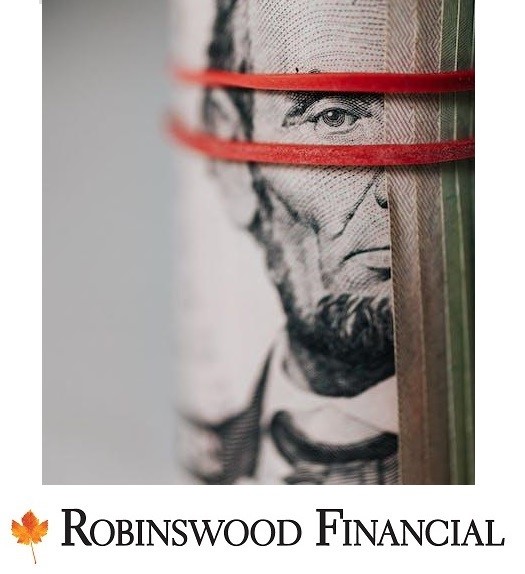In the past few months, several major banks around the world have announced their bankruptcy or insolvency, leaving millions of customers and investors in a state of shock and uncertainty. What caused these bank failures and how will they affect you and your money?
The main reason behind the bank collapses is the global economic crisis triggered by the COVID-19 pandemic. The lockdowns and restrictions imposed by governments to contain the virus have severely disrupted the normal functioning of businesses and markets, leading to a sharp decline in income, demand and production on a global scale. As a result, some borrowers have defaulted on their loans or mortgages, creating a huge amount of bad debt for the banks. Sound familiar? At the same time, the banks have faced a liquidity crunch as depositors have withdrawn their money in panic or moved funds away from these institutions. These factors have eroded the banks’ capital and solvency, forcing them to close down or seek bailouts from the authorities.
The bank collapses have serious implications for you and your money. If you are a depositor, you may lose some or all of your savings depending on the level of deposit insurance in your country. The current FDIC (Banks) and NCUA (Credit Unions) levels are $250,000 in the United States. If you are an investor, you may suffer heavy losses on your shares or bonds issued by the failed banks. If you are a borrower, you may face difficulties in repaying your loans or refinancing them at higher interest rates. If you are a business owner, you may struggle to access credit or financing from other sources. In short, the bank collapses can have a significant impact on your financial stress and insecurity.
What can you do to protect yourself from the bank collapses? Here are some tips:
– Diversify your assets and income sources. Don’t put all your eggs in one basket. Invest in different types of assets classes. Try to generate multiple streams of income from different sectors or activities that can withstand economic shocks.
– Monitor your bank’s financial health and reputation. Don’t blindly trust your bank. Check its balance sheet, income statement, credit rating and customer reviews regularly. Look for signs of distress such as low capital adequacy ratio, high non-performing loans ratio, negative net income or frequent complaints. If you notice any red flags, limit your exposure by working with an advisor that aware of your concerns.
– Keep some cash handy. If you can, don’t rely solely on electronic money or cards. In case of a bank collapse or a system failure, you may not be able to access your accounts or use your cards for transactions. Therefore, it is wise to keep some cash in a safe place that you can use in emergencies.
– Be prepared for the worst-case scenario. As in an catastrophic emergency, a bank collapses may trigger a domino effect that could lead to a wider financial meltdown or a social unrest. Therefore, it is prudent to have a contingency plan that includes an emergency fund, a survival kit, a backup communication device, meeting points and an escape route.

